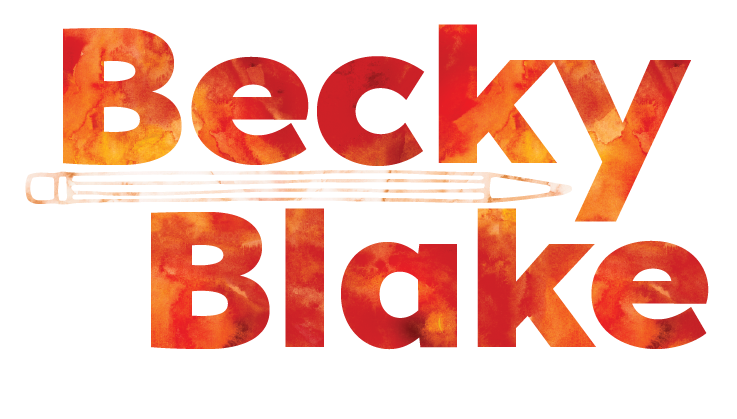When I was in high school, back in the dim, dark ages of the 1980’s, we were made to fill out a questionnaire. This questionnaire asked questions about what we did and didn’t like to do, analysed our personality traits and experience. We then submitted these to the teacher, who gave us career options to suit our profiles from the questionnaire. I was horrified when mine came back. Apparently I was best suited to being an airhostess or a fashion model.
Fast forward years later and, actually, the quiz wasn’t too far off the mark. It was just that at the time of doing the test, I hadn’t travelled (I was the first member of my family to go overseas at the age of 21), suffered terribly from travel sickness, was not the slightest bit interested in fashion and was terribly self-conscious about my looks.
I had no idea what I wanted to do and lacked a lot of confidence in working it out. Either way, I couldn’t see any of these options working and was almost insulted.
Retrospect is a wonderful thing. It would be great to be able to go back to the confused 16 year-old doing the quiz and say, “You know, your life actually works out pretty cool. You get to play music and wear amazing clothes and you get to mentor kids who are just like you. You have two awesome kids and get to travel the world for work and for fun”. Me as a 16 year-old would’ve said, “That’s cool, but I don’t see it happening. I don’t like travelling and I’m not good enough at music to be professional”. That’s where I was wrong.
People say, “You can’t be an actor. Only a few people make money out of acting”. Why can’t you be an actor? Someone’s got to do it! What if Andy Thomas said, “I’d really like to be an astronaut, but not many people get to be astronauts and they’re mostly American”? He would never have been the first Australian in space.
Want to be an actor? Find a good acting school and learn the craft. Sign up with an agency and be an extra on films. Want to be a vet? Go and get some real life work experience at a vet’s rooms or a stable, or volunteer at an animal rescue centre. Like sport? Volunteer for an athletics association, offer to train a primary school or vocational care sports team or hook up with a personal trainer.
But, what if you have no idea what you want to do?
It’s pretty uncomfortable when career counsellors start demanding you decide on your path, choose your subjects whilst keeping your options open, start counting up your university points and sign your life away in blood on your choices when you’re not sure if you want to be a pro surfer or a professional gamer. Especially when everyone else seems to know exactly what they want to do!
Remember, everybody is different. Some will choose a path and stick to it throughout their lives. Some will take a while to sort it out and figure it out a bit later. Others are perennial drifters, switching from job to job and will have several careers in their lives. None of this is wrong. It’s just different lives for different personalities.
If you’re stuck which direction to take career-wise, don’t worry you have time to decide. But it IS time to start having a look at your interests. Think: What do I NOT want to be when I grow up??
Or, you could take a leaf out of my year 11 teacher’s book and try a few quizzes (now available online of course!). They don’t necessarily give you a direct career list, but a list of your interests.
Try one of these:
http://www.joboutlook.gov.au/careerquiz.aspx
http://www.careerfitter.com/free_test/careerbuilder
You don’t necessarily have to say exactly what you want to be, more the types of work you’d like to do eg, “I’d like to do something that involves hands on and practical work” or “I’m good at things that involve Technology”.
Think of where the Internet was only five years ago and you’ll realize how quickly things are changing, and the face of employment changes with it.
Once you take a career path, it’s not set in stone. Gone are the days when people used to start a job straight after school or uni and work for the same company until the day they retired and received their gold watch. Even multinational companies change, fold and merge these days. Small business is more popular, as is running a business from home. Flexibility is the key.
So, for now, try and find a direction rather than a direct path. Gain as much experience as you can in the “real world” through work experience, paid work or volunteering. Do as well as you possibly can at school so you have CHOICES later on. Don’t be afraid to get out there and have a go.
And if plan A fails, look at plan B. And then there are another 24 letters in the alphabet after that.






